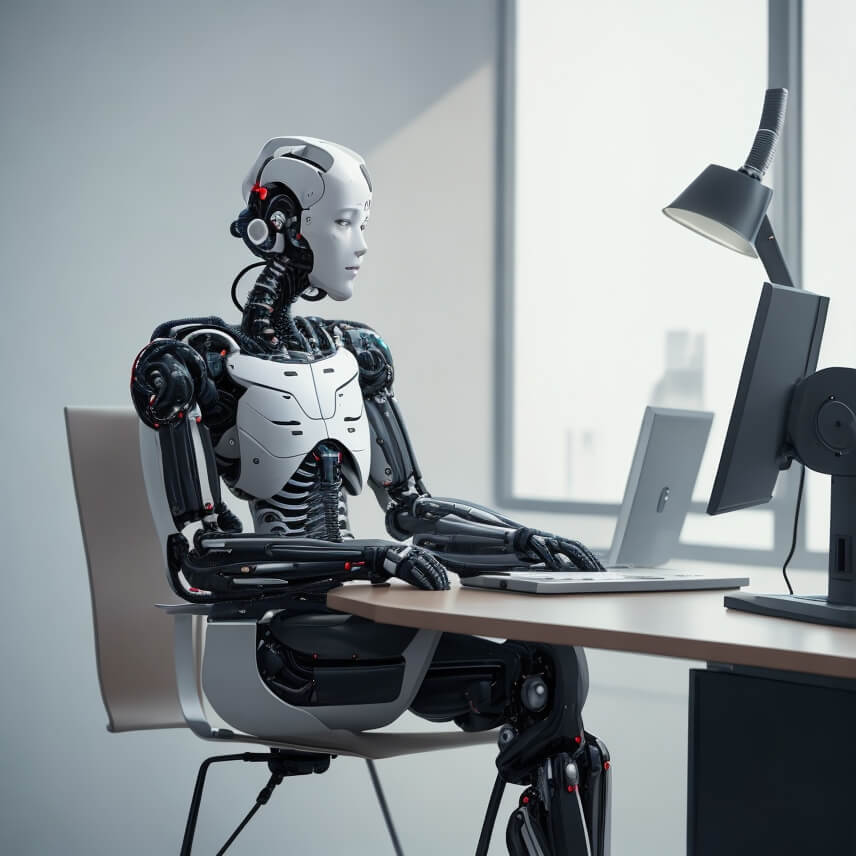In a seminal moment on October 30, 2023, President Biden, wielding the power vested in his pen, penned an AI Executive Order that not only echoes through the hallowed halls of government but also leaves an indelible mark on the private sector landscape. Far beyond a mere bureaucratic proclamation, this Executive Order is a profound declaration, a symphony of directives that resonates with the heartbeat of both federal agencies and the private enterprises that form the sinews of our economic fabric.
While ostensibly crafted to sculpt federal responses to the multifaceted challenges of artificial intelligence (AI), its tendrils reach far into the private sector, introducing a paradigm shift that demands a nuanced understanding. This news piece embarks on a journey through the intricate labyrinth of the Executive Order, unfurling its intricacies and shedding light on the delicate interplay between regulatory imperatives and the pulsating rhythm of innovation within the ever-evolving AI arena.
Technology-specific initiatives
The Executive Order unfolds a narrative of technology-specific initiatives, unfurling a canvas that spans diverse AI-based technologies. Companies, irrespective of industry, are drawn into the fold with reporting obligations and an impending deluge of guidance. The National Institute of Standards and Technology (NIST) emerges as a guiding force, sculpting guidelines for AI safety and security, including the intricate art of red-teaming tests. A profound understanding of these developments becomes imperative for private sector entities, aligning their strategies with emerging best practices and potential legal frameworks.
Tailoring AI measures to sectors’ needs
Beyond the broad strokes of technology, the Executive Order dips its brush into the specifics of various industries, crafting obligations and initiatives tailored to each sector’s unique contours. Critical infrastructure, healthcare, financial institutions, education—the order touches them all. Noteworthy is the directive to the U.S. Department of Health and Human Services (HHS), prioritizing grantmaking for responsible AI development, painting a picture of AI integration with an emphasis on equity, safety, and operational efficiency.
Legal Considerations – Safeguarding Intellectual Property and Privacy
In the realm of legal considerations, the Executive Order recognizes the existing frameworks but seeks to illuminate key facets of intellectual property, privacy, and consumer protection. The United States Patent and Trademark Office steps into the limelight, guiding patent examiners and applicants on AI’s role in the inventive process. Simultaneously, the U.S. Copyright Office is poised to deliver insights on copyright issues entwined with AI, beckoning businesses to navigate this evolving legal landscape to preserve their intellectual property and adhere to privacy standards.
Harmonizing innovation and employee well-being
Acknowledging the dual nature of AI as a harbinger of innovation and a potential disruptor of the workforce, the Executive Order weaves a narrative of safeguards. The Secretary of Labor takes center stage, tasked with developing best practices to shield employees from the potential adverse effects of AI. Simultaneously, the order addresses nondiscrimination, sketching a framework for federal contractors to uphold their nondiscrimination obligations in the realm of technology-based hiring systems.
Implications of the AI executive order
As private sector entities embark on the odyssey into the uncharted territories shaped by President Biden’s AI Executive Order, a symphony of questions resonates. How will businesses navigate the intricate tapestry of evolving standards and guidelines? Can innovation flourish within the bounds of ethical considerations and employee well-being? The journey into the AI landscape, guided by the Executive Order’s orchestration, prompts a profound reflection on the intersection of technology, regulation, and societal impact, ushering in a new era where adaptability and ethical responsibility walk hand in hand.





